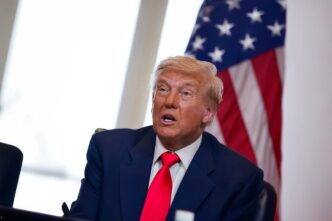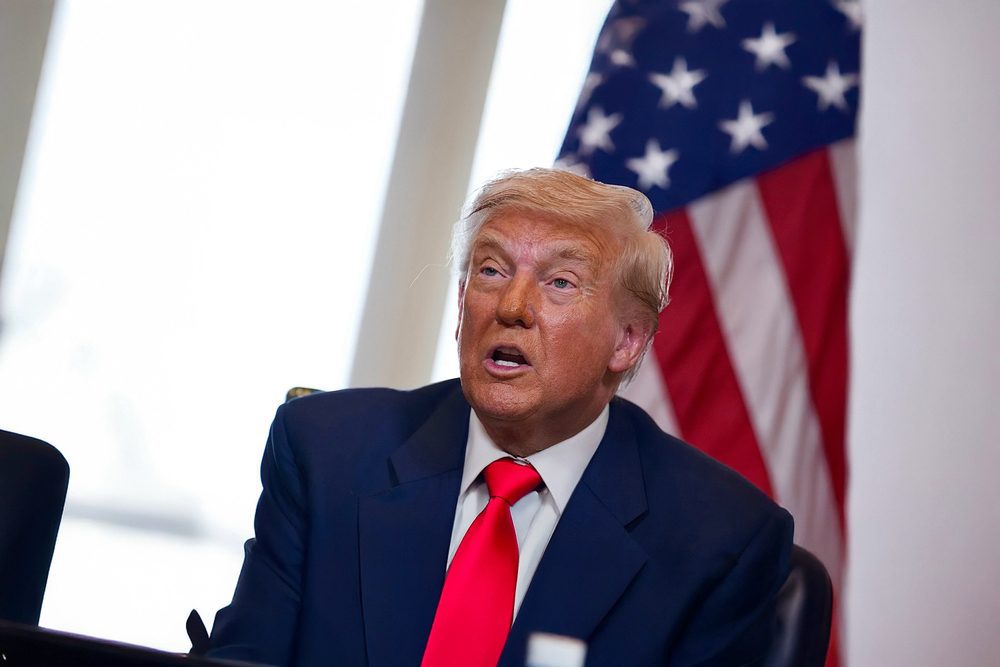Executive Summary
The Story So Far
Why This Matters
Who Thinks What?
Donald Trump falsely claimed on Monday that Cuba has “virtually no autism,” attributing this to the island’s poverty and linking it to a speculative, unproven assertion that Tylenol could cause autism in unborn children. This statement contradicts years of public information from Cuba’s state-run medical system, which operates specialized clinics and awareness campaigns for the neurological developmental disorder.
Trump’s Unsubstantiated Claims
Trump made the remarks at an event where he urged pregnant women to avoid taking Tylenol. He suggested that Cuba’s lack of resources, evidenced by a supposed absence of Tylenol, also explained a purported absence of autism, stating, “Tell me about that one.” There is no scientific evidence to support a link between Tylenol and autism.
Cuba’s Established Autism Care
Contrary to Trump’s assertions, Cuba has long established medical infrastructure dedicated to treating autism. The island’s healthcare system has operated clinics and conducted awareness campaigns for the condition for years. Cuba even offers specialized autism therapies, such as swimming with dolphins, to foreigners who can pay in hard currency.
Information detailing Cuba’s approach to autism care is readily available. Cuban doctors have publicly documented their efforts to treat children with autism on the island, with resources accessible to anyone researching the topic.
Diagnostic Challenges and Prioritization
While Cuba has reported lower instances of autism compared to many developed countries, with 0.36 cases per 10,000 people, health professionals concede this may partly stem from a lack of resources for wider diagnosis. The World Health Organization reported in 2021 that approximately 1 in 127 people worldwide had autism, noting that prevalence in many low- and middle-income countries remains unknown.
Despite increasingly limited funds, Cuba’s health sector is prioritizing autism care. According to an article in Cubadebate, there are 300 Cuban health professionals specializing in autism, working across seven dedicated centers island-wide.
Cuba has been developing specific autism treatments since 2018. The stated goal is not to cure patients but to maximize their abilities, ensuring that “no one is left behind,” as one official noted.
Official Silence
Cuban officials have not yet responded to Trump’s claims, and his comments have not been reported in the island’s state-run press.
Key Takeaways
Trump’s unsupported statements about autism in Cuba highlight a disparity between political rhetoric and the documented realities of the island’s healthcare efforts for neurological developmental disorders.








